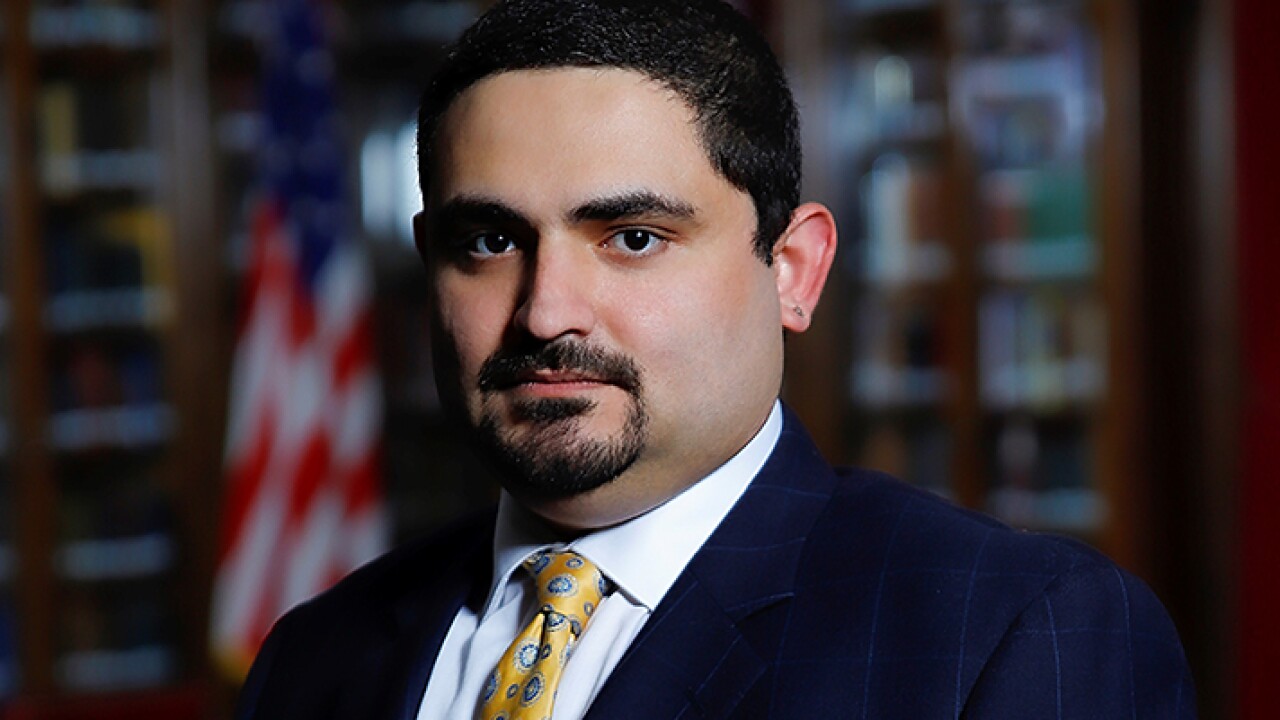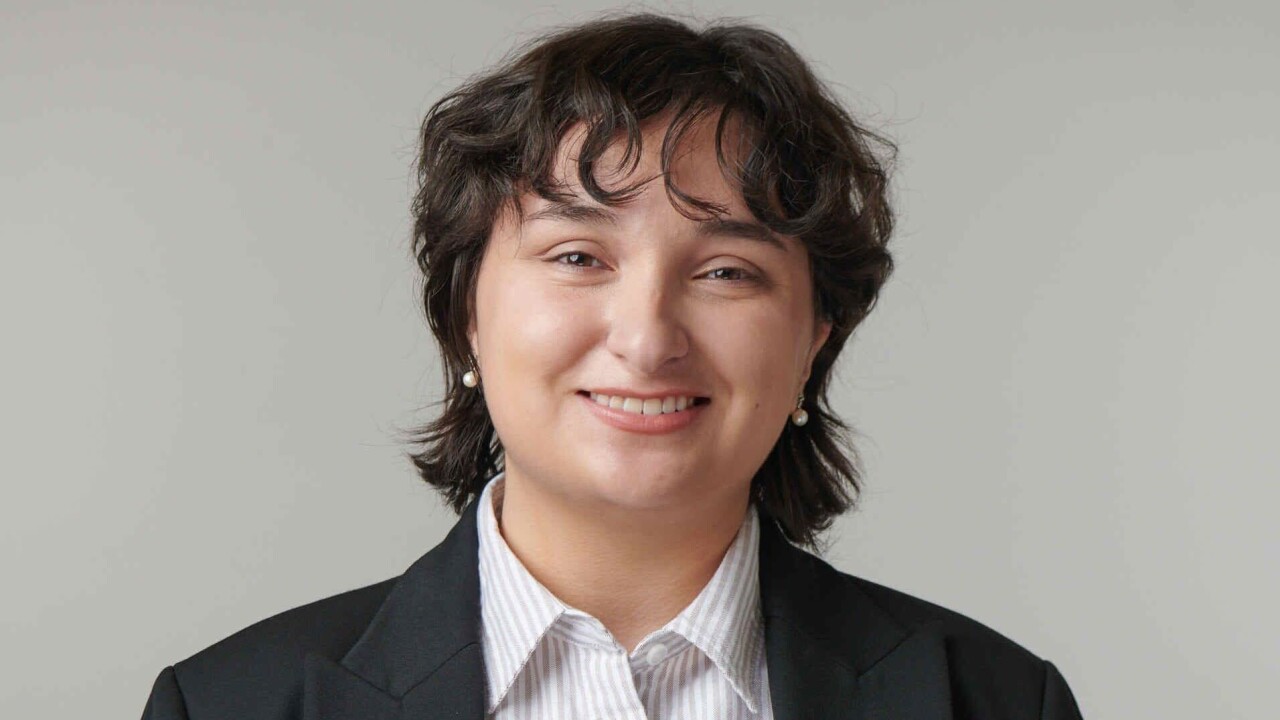
DALLAS - With the economy riding high, issuers in Texas are asking voters to keep their pocketbooks open for more than $6.5 billion of bond measures Tuesday.
In addition to bonds for schools, cities and districts around the state, Texas is seeking approval of Proposition 1, a measure that would divert an estimated $1.7 billion from the state's rainy day fund to road projects in oil producing regions.
The money issues sit on the tail end of a long ballot that will decide state and local leadership, including a new governor to replace Rick Perry, the longest-serving top executive in the state's history.
Recent public opinion polls show Republican state Attorney General Greg Abbott winning an easy victory over Democratic State Sen. Wendy Davis.
Democrats have not won a statewide office in Texas in two decades, a fact that Democratic Comptroller candidate Mike Collier hopes to reverse in his uphill battle against state Sen. Glenn Hegar.
In the second round of bond elections this year, 48 school districts, 17 cities, towns and villages, four community colleges and two hospital districts are seeking voter approval for an estimated $6.5 million of debt.
The largest bond request, and perhaps the most historically significant, is Austin's $1 billion Proposition 1 (not to be confused with the state Proposition 1) that includes $600 million for a proposed 9.5-mile light rail line through the heart of the city.
The rail line would represent the legacy of outgoing Mayor Lee Leffingwell, who fought to bring the issue to the ballot 14 years after voters defeated a previous proposal. Economic uncertainty and conflicting needs have forced postponement of a vote on the issue over the past five years.
For urban planners, the rail line is needed to reduce the number of cars in a congested city with a high proportion of young people and state employees who earn modest incomes. The rail line would connect the state Capitol complex and downtown Austin with the University of Texas campus.
Conservative groups traditionally opposed to rail have rallied opposition in an election that is expected to bring a higher turnout than would be seen on a standalone bond ballot.
Under the new Texas voter ID law, residents of Austin who do not have a driver's license, state-issued photo ID card, military ID or gun permit, are not allowed to vote. That is expected to reduce the number of Democratic voters in the state and could shave a few votes off support for the Austin rail proposal, experts said.
In addition to the $600 million for rail, Austin is proposing $400 million for roads and bridges.
Triple-A Austin's debt service on its $1.25 billion of outstanding bonds is about 12 cents for each dollar of value property taxes. If the city's Prop 1 passes and the first light rail line and road improvements go forward, the 12 cents would increase by 6.5 cents to 18.5 cents. More than a third of City of Austin property taxes would be going towards city debt. If all of the approved bonds were issued, the city's debt would nearly double.
One complicating factor in the Austin bond proposal is another bond measure of $386 million from Austin Community College that would bring a 2-cent property tax increase if approved.
Three other community college districts are also seeking bond approvals.
The Lone Star College District in affluent Montgomery County north of Houston is asking for $485 million to expand its system 18 months after voters narrowly rejected a similar-sized measure. In the previous election, an aggressive Tea Party group known as Texas Patriots PAC was able to defeat the measure, despite the fact that it would have brought no tax increase.
In Corpus Christi, the Del Mar Community College District is seeking $157 million of bonds.
The Northeast Texas Community College District serving three counties in the state is also asking voters for $20 million to improve and expand the system.
Among the K-12 school districts, Katy Independent School District west of Houston is seeking the largest bond issue of $748 million. That bond proposal includes a new stadium, a proposal that was defeated one year ago. The 2013 bond proposal of $99 million was opposed by 54% of the voters.
Neighboring Fort Bend ISD is asking voters for $484 million to cope with major growth in the Houston area.
Another Houston area district, Pasadena ISD, is asking for $175 million of bond authority.
In Dallas' eastern suburbs, Garland ISD is asking voters for $455 million package to upgrade and expand schools in one of the state's largest districts.
In the Fort Worth area, Keller ISD north of the city is asking for $170 million of bond authority, while nearby Birdville ISD is proposing $163 million.
Among cities, Denton north of Dallas and Fort Worth is asking for nearly $100 million of bonds for street, drainage and other projects as the voters also consider whether to ban hydraulic fracturing for oil and gas in the city limits.
The citizen-led measure would prohibit Denton from issuing new hydraulic fracturing permits, though existing permits would remain valid.
State regulators and industry groups have promised legal challenges if the measure is approved. Denton, which sits upon large natural gas reserves, has experienced a number of "fracking" operations close to homes and schools.
Neighbors complain of the noise, heavy truck traffic and fumes emitted by the process. The use of water bearing toxic chemicals is also a concern.
According to October 27 campaign finance reports, the ban's opponents have raised $466,000 compared to the supporters' $24,000.
"It should be expected that the gas drilling industry will threaten Denton residents with lawsuits should this ordinance be adopted by the voters," promoters of the ban said in a prepared statement. "However, this ordinance is defensible and Denton should prevail in a lawsuit if one is filed."





